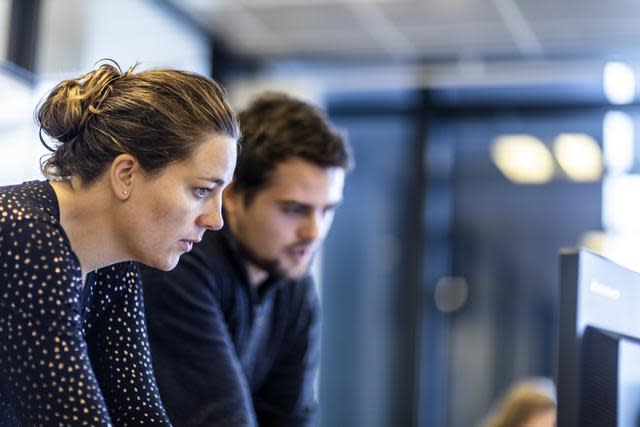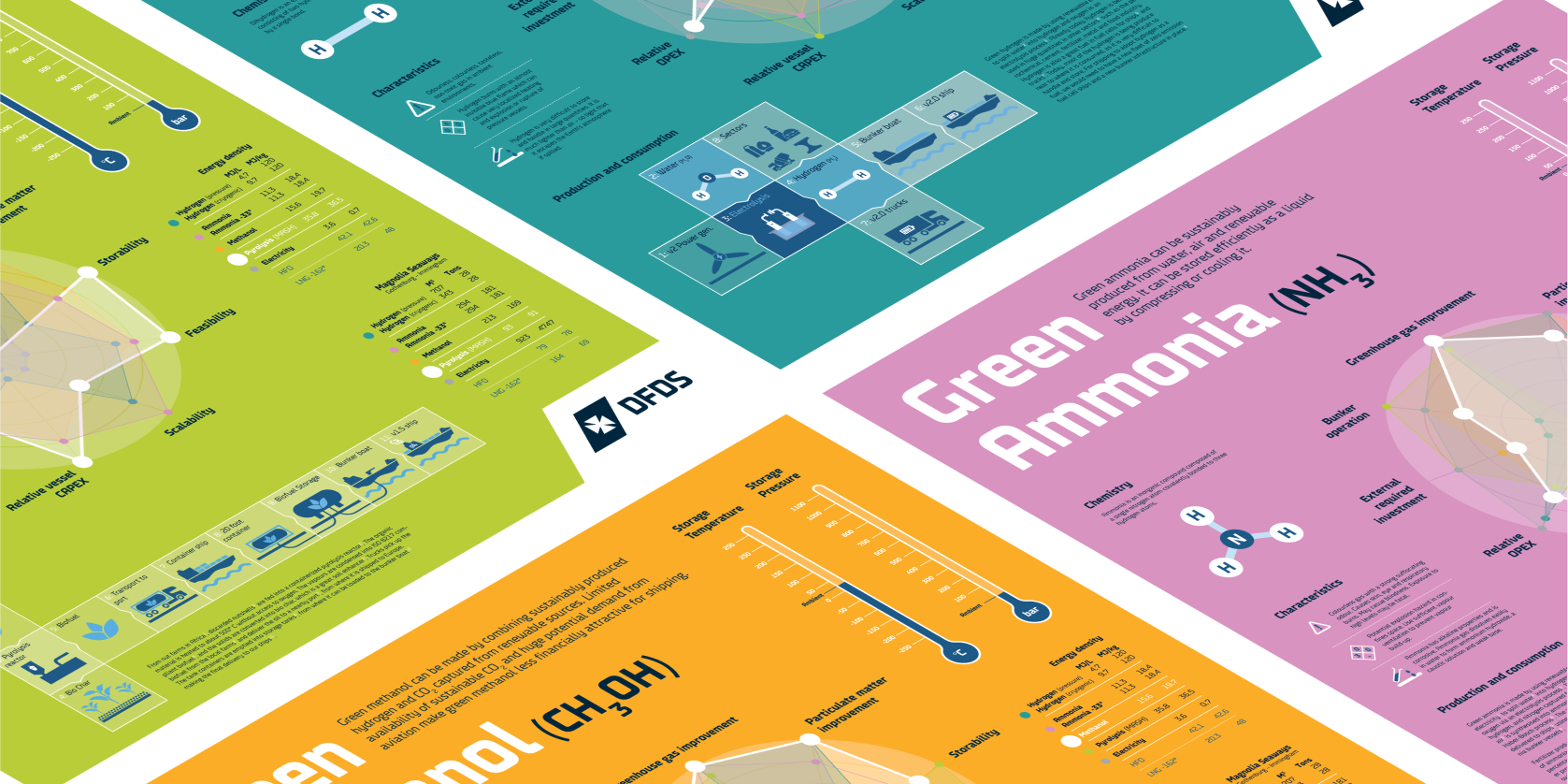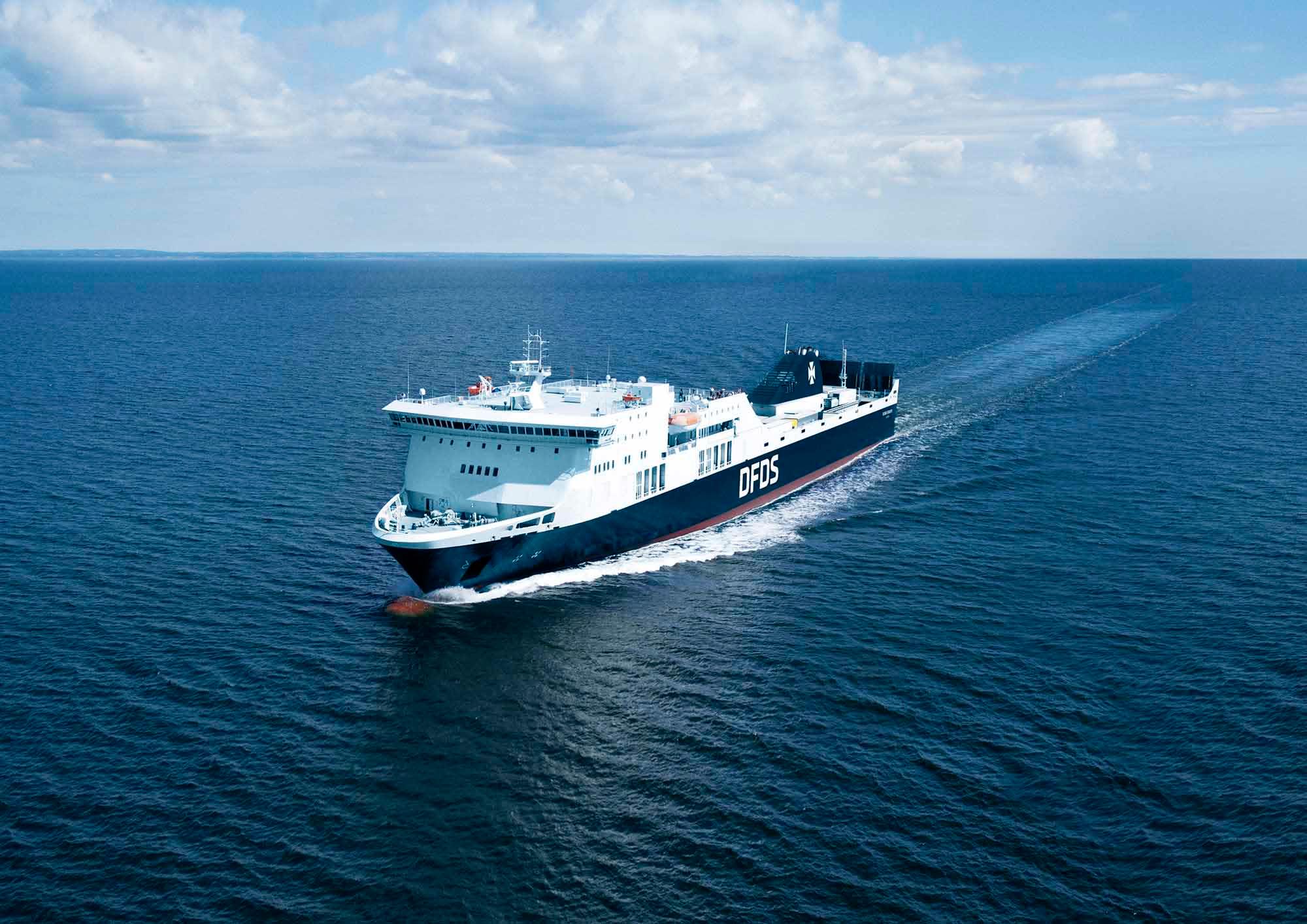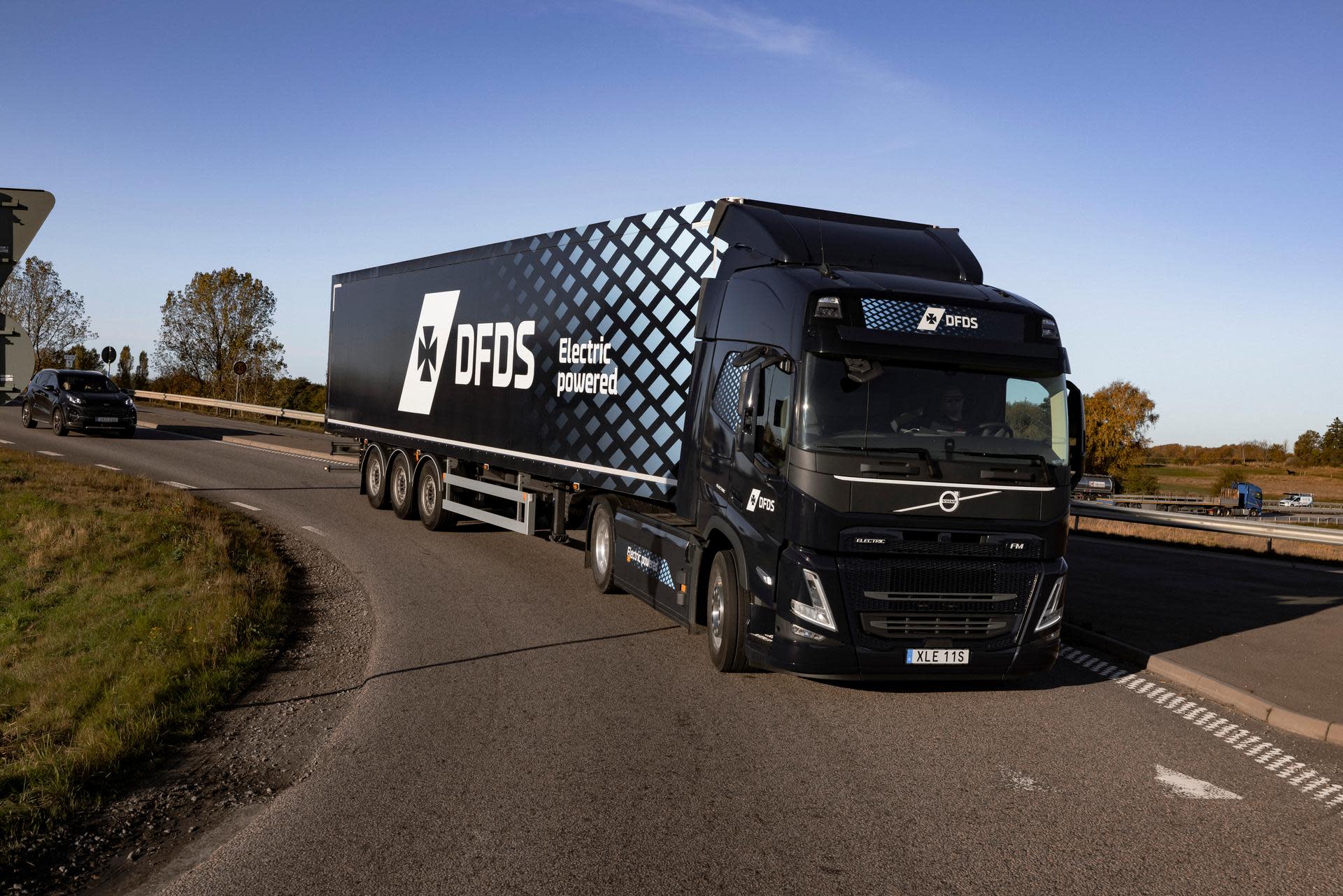
Decarbonisation techniques
Our four key techniques for decarbonisation
Our pathway towards net zero consists of the adoption and implementation of a combination of these four key techniques:
Efficiency - is about doing more with less resources. It is about smart design, innovative technology, mindful consumption, and about us optimising our energy use so we make sure that not a single watt is wasted or misused.
Electrification – this represents a shift from fossil fuels to cleaner, renewable sources of energy. It is about us harnessing the power of the wind, the sun, and the tides to light up our facilities and power our operations with minimal impact on the environment.
Alternative Fuels – these are the game-changers and the disruptors that redefine the status quo. They will set new standards for what is possible and can be expected of the transport and logistics industry to minimise our impact. These fuels include the biofuels and e-fuels that will replace fossil fuels.
Circularity – rather than thinking of resources as unlimited, and activities as linear, circularity techniques minimise waste and encourages reuse of resources. In practice, circularity requires deep collaboration between different actors in a value chain, or supply chain, which is why we also prioritise collaboration with customers, suppliers and partners.


Working with customers and partners
In a world that is becoming increasingly complex, it is important for us to seek out partners and initiatives that can help develop new and better solutions. We have a long history of collaboration with strategic partners and are currently forming many new ones with the goal to decarbonise our industry.
We work with universities, energy companies, customers, tech companies, start-ups, suppliers, and competitors to transition our industry and our business into a cleaner future.

Alternative fuels
We want to end our reliance on fossil fuels. Find out more about the transition fuels and e-fuels that will power the vessels of tomorrow.

Vessels of tomorrow
The vessels of tomorrow will be powered by electricity and low- and near-zero-emission fuels. Discover just some of our early vessel projects that will pave the way for the next three decades of shipping.
Channel decarbonisation - DFDS commits to battery electric vessels on the English channel
H2 Energy and DFDS publish new hydrogen propulsion feasibility study

Key road and land projects
Our target for all road transport and land activity is an ambitious 75% reduction in Well-to-Wheel CO2e by 2030. Read more about the key projects that will get us there:
DFDS intensifies decarbonisation efforts with 100 additional e-trucks

Decarbonisation FAQs
Do you have questions about our decarbonisation strategy or how we measure results? Find the most frequently asked questions and answers here.
